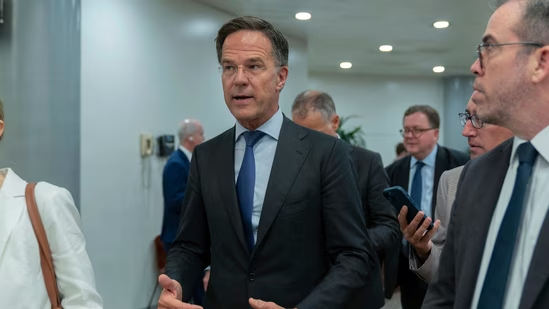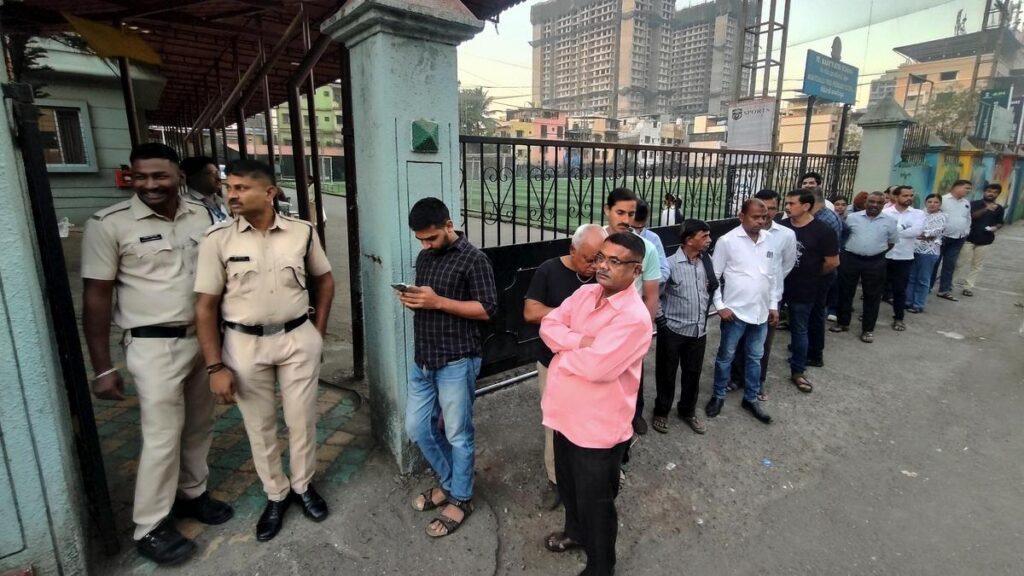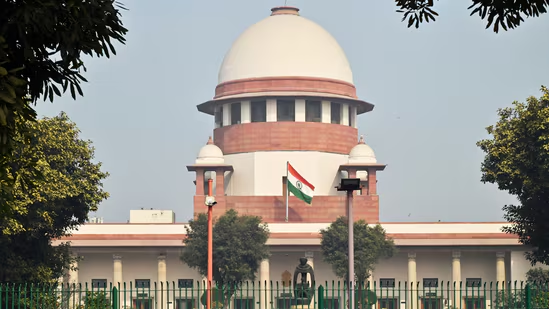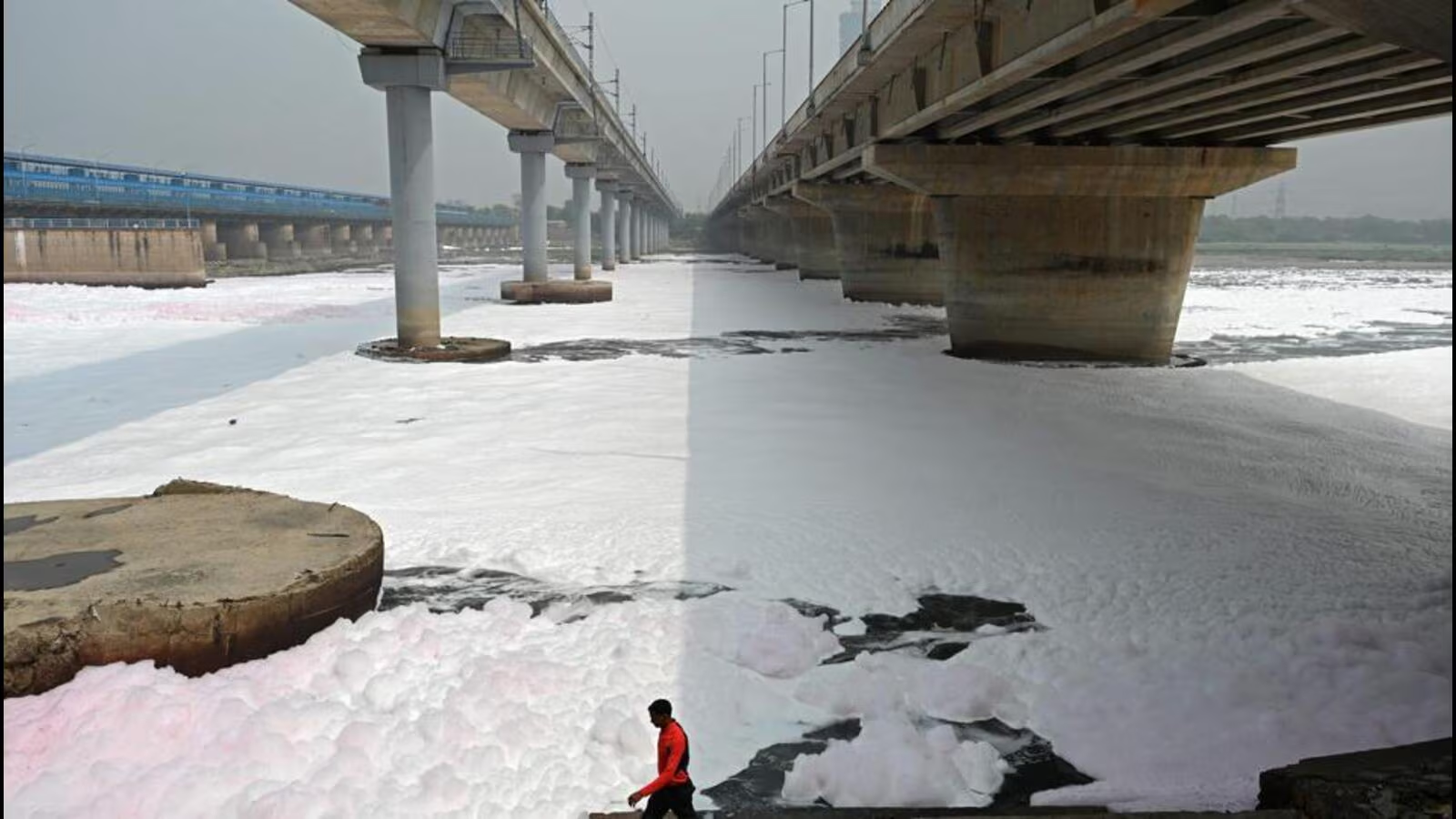Now Reading: NATO Pushes India, China, and Brazil to Back Ukraine Peace Deal, Warns of Sanctions
-
01
NATO Pushes India, China, and Brazil to Back Ukraine Peace Deal, Warns of Sanctions
NATO Pushes India, China, and Brazil to Back Ukraine Peace Deal, Warns of Sanctions

As the Russia-Ukraine war stretches into its third year, NATO leaders are turning up the heat on neutral countries like India, China, and Brazil. Dutch Prime Minister Mark Rutte, who is set to become the next NATO Secretary-General, has urged these nations to push Russia toward peace—and hinted that continued neutrality could lead to economic consequences. This shift in tone signals a growing impatience within the Western alliance.
What NATO Wants
Rutte’s message is clear: global powers that have remained neutral or non-committal, especially economic heavyweights like India and China, should use their influence to convince Russian President Vladimir Putin to accept peace talks. The proposed peace framework is centred around Ukraine’s sovereignty and territorial integrity.
He stressed that these nations must stop sitting on the sidelines and instead play an active role in de-escalating the conflict, which continues to disrupt global trade, energy flows, and political alliances.
Sanctions Warning: A Diplomatic Signal
In a rare and direct statement, NATO also warned that countries failing to support the peace process—or indirectly helping Russia—may face sanctions. Though no country was specifically named in terms of penalties, the message was aimed at those maintaining deep economic ties with Moscow.
For India, this is a sensitive point. New Delhi has consistently called for peaceful dialogue while continuing trade with Russia, especially in oil and defence. NATO’s suggestion of sanctions puts pressure on India to rethink its balancing act between East and West.
India’s Strategic Dilemma
India has walked a fine line since the conflict began—advocating peace without taking sides. Its energy needs, defence contracts, and historical relationship with Russia make a complete break unlikely. At the same time, India values its growing ties with the US and Europe, especially for trade, tech, and defence cooperation.
Any sanction-related development could affect sectors like defence manufacturing, semiconductor deals, or cross-border investments—areas that are crucial for India’s growth, particularly in Tier 2 cities aspiring to become industrial hubs.
Impact on Global South
The inclusion of Brazil and China in the conversation shows that NATO’s expectations go beyond traditional allies. The message is aimed at the Global South, asking these countries to help reshape the geopolitical outcome rather than simply reacting to it.
If sanctions or diplomatic pressure increase, the effects may ripple into developing economies—affecting supply chains, currency stability, and foreign investments.
Conclusion
NATO’s latest stance marks a turning point in global diplomacy over the Ukraine war. Countries like India are now being nudged to take clearer positions—with potential consequences for continued neutrality. As global fault lines harden, the challenge for India will be to protect its strategic interests without being drawn into a power struggle that’s no longer just about Europe.

























